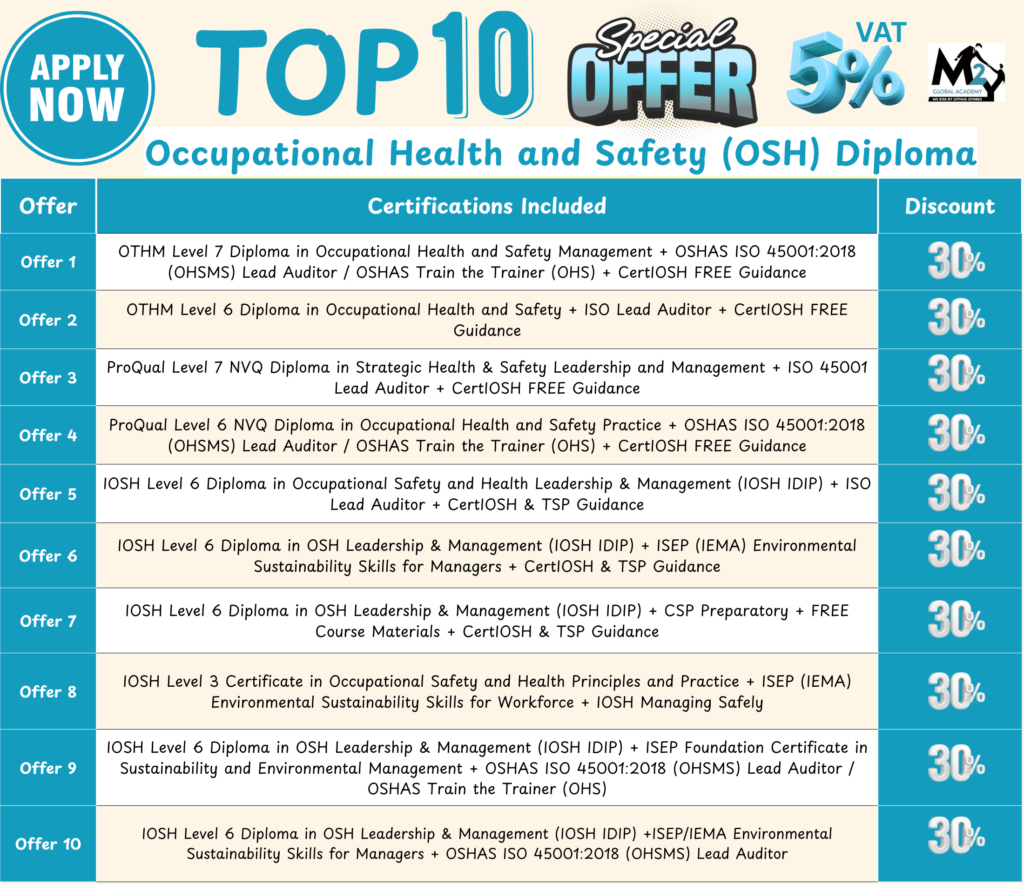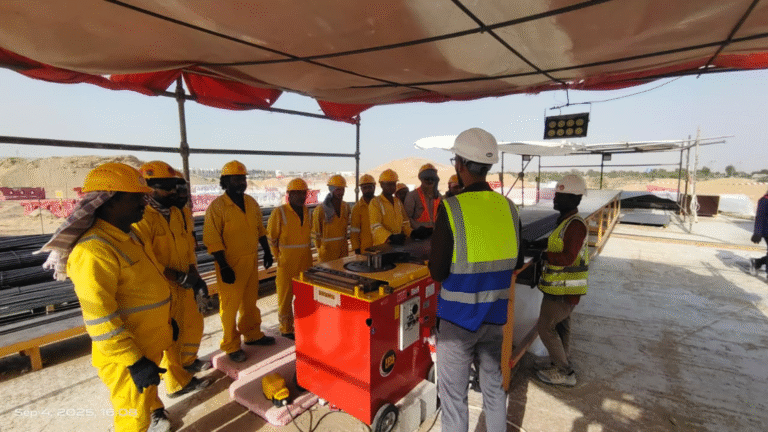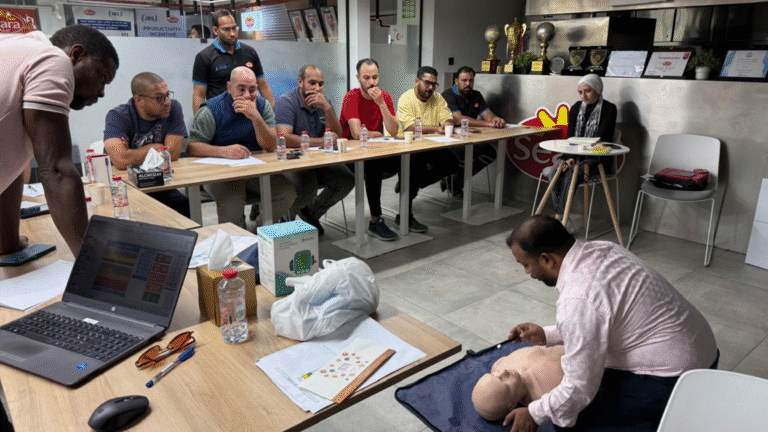HSE Officer Roles and Responsibilities
In today’s safety-conscious world, the role of an HSE (Health, Safety, and Environment) Officer is more crucial than ever. As industries expand and workplace complexities grow, organizations increasingly rely on HSE professionals to safeguard the health and wellbeing of employees while ensuring environmental protection and compliance with regulations.
This comprehensive guide explores the responsibilities, duties, qualifications, and daily challenges of an HSE Officer. Whether you’re aspiring to become one or hiring for the position, this article will give you the clarity you need.
Who is an HSE Officer?
An HSE Officer is a safety professional responsible for ensuring that an organization adheres to legal, regulatory, and internal standards relating to health, safety, and the environment. They are key figures in risk management and play a proactive role in preventing workplace accidents, occupational illnesses, and environmental hazards.

Primary Roles of an HSE Officer
HSE Officers serve as the backbone of workplace safety. Here are the key roles they perform:
1. Developing Safety Policies and Procedures
Design and implement health and safety policies
Ensure policies comply with national and international laws
Update safety protocols based on industry standards and audits
2. Conducting Risk Assessments
Identify potential hazards in the workplace
Evaluate risks using tools like Job Safety Analysis (JSA)
Recommend corrective measures to eliminate or minimize risk
3. Safety Training and Awareness
Provide safety induction to new employees
Conduct regular safety drills and training (e.g., fire, emergency evacuation)
Promote a safety-first culture through awareness campaigns
4. Incident Investigation and Reporting
Investigate workplace incidents and near-misses
Record and analyze incidents using root cause analysis
Submit reports to management and regulatory authorities
5. Ensuring Legal and Regulatory Compliance
Monitor compliance with OSHA, ISO 45001, NEBOSH, and local laws
Coordinate with auditors and inspectors
Maintain documentation for audits and inspections
6. Environmental Protection
Monitor air, water, and waste management practices
Ensure compliance with environmental laws (ISO 14001)
Promote sustainability initiatives
7. Monitoring and Reporting
Conduct routine inspections and audits
Use KPIs to evaluate safety performance
Prepare reports for internal and external stakeholders
Key Responsibilities in Daily Operations
A day in the life of an HSE Officer involves multiple tasks, including:
Inspecting the worksite for unsafe conditions
Verifying use of PPE by workers
Holding toolbox talks
Checking fire extinguishers and safety signs
Coordinating emergency drills
Updating risk registers
Skills and Qualifications of an HSE Officer
To succeed in this role, professionals need a strong combination of technical and soft skills:
Educational Background:
Diploma or degree in engineering, science, or safety
Specialized certifications: NEBOSH IGC, OSHA, ISO 45001 Lead Auditor
Technical Skills:
Knowledge of hazard identification and risk control
Understanding of safety management systems (SMS)
Report writing and documentation
Soft Skills:
Communication and leadership
Attention to detail
Problem-solving
Ability to train and motivate others
Industries Where HSE Officers are Essential
HSE professionals are employed across various sectors:
Oil and Gas
Construction
Manufacturing
Healthcare
Transportation and Logistics
Chemical and Pharmaceutical
Challenges Faced by HSE Officers
While the role is rewarding, it comes with challenges:
Resistance to change from workers
Keeping up with evolving regulations
Managing safety across multiple sites
Balancing cost vs. compliance
Career Growth and Future Scope
An HSE Officer can progress to:
HSE Manager
Safety Auditor
Environmental Manager
QHSE Director
With additional certifications and experience, global opportunities open up in GCC countries, Europe, and North America.
How M2Y Academy Supports HSE Aspirants
At M2Y Global Academy, we train aspiring HSE professionals with internationally recognized qualifications such as NEBOSH, IOSH, OSHA, and ISO Lead Auditor courses. Our expert-led training, practical sessions, and placement support help you kickstart or accelerate your HSE career.
Explore our HSE training programs: https://m2yacademy.com/hse-trainings
FAQs:
An HSE Officer is responsible for ensuring the workplace complies with health, safety, and environmental regulations, conducting audits, and promoting safety culture.
Common qualifications include NEBOSH IGC, a diploma in industrial safety, and relevant experience in safety, health, and environmental management.
While both roles aim to reduce risks, HSE Officers also focus on environmental compliance in addition to health and safety responsibilities.
HSE Officers are in demand in construction, oil & gas, manufacturing, pharmaceuticals, and logistics sectors where workplace hazards are common.
They help prevent accidents, ensure regulatory compliance, and contribute to a safer, more productive work environment.
Final Thoughts
The role of an HSE Officer is indispensable in maintaining safe and sustainable workplaces. By understanding their roles and responsibilities, organizations can build a culture of safety and compliance, while professionals can position themselves for long-term career success.
If you’re planning to pursue a career in health and safety, now is the perfect time to act.
Contact M2Y Global Academy today to get started on your HSE journey.

















































